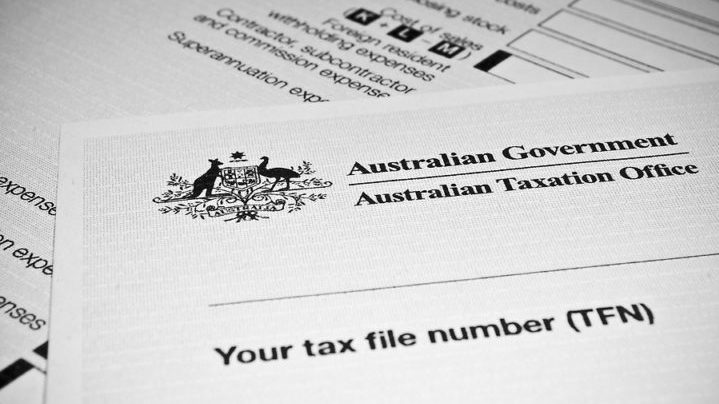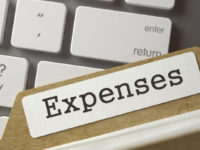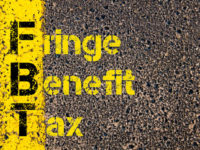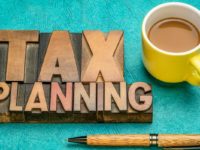With just a week or so remaining until the end of financial year, many businesses will be taking stock of the year just gone and planning for the year ahead. With 32 per cent of Australians believe that the ATO will be scrutinising their tax return more closely this year, there’s never been a more important time to understand what you can and can’t claim. So, what are some of the key deduction your business could look to claim in your tax return?
Advertising and sponsorship
Costs to promote your brand and garner publicity for your business are deductible and can be claimed, as can advertising or sponsorship to sell ‘trading stock’ and to hire staff. Take care to ensure that the costs incurred do not fall within the definition of “entertainment”, which is not usually deductible.
Business travel
Travel for business purposes can usually be claimed. Keep all receipts and your itinerary or diary, and of course airline tickets. Note the nature of the travel, its purpose, and where, when and for how long (and look out for any personal activities that are mixed in, as these expenses are non-deductible).
Car expense deductions
You can claim a full deduction for any expenses your company incurs while running a vehicle, leased or owned, provided the vehicle is used only for business purposes. If your business operates as a sole trader or partnership, you can claim certain proportions of deductions for vehicle expenses, but they are subject to substantiation rules.
Fringe benefits
You can generally claim a deduction for any costs involved with providing a fringe benefit to an employee.
Home work claims
If your work is done from home, or is partly home-based, you can usually claim deductions for expenses such as interest, telephone, insurance and a portion of running expenses like heating, lighting or cleaning.
Insurance
Workers compensation insurance premiums are deductible, as are insurance costs for fire, business-use cars, public liability, theft and loss of profits.
Plant and equipment (depreciating assets)
Larger items like cars or even buildings can be claimed over time as depreciating assets. “Temporary full expensing” means that most items of a capital nature can be written off immediately, if acquired after 6 October 2020. And you may also be able to claim (either immediately or over a five-year period) certain capital costs in setting up or ceasing a business, as long as an outright deduction can’t be claimed for that expenditure.
Repairs, replacement, maintenance
A deduction is available for the upkeep of machinery, tools or premises used to produce assessable income (provided they are not “capital” costs). These deductions include things like painting, plumbing and electrical maintenance, upkeep to windows and fences, guttering and machinery maintenance. Generally, it means fixing defects, not totally replacing an item, and does not include improvements or work done immediately after acquiring an asset.
Salary and wages
You can claim a deduction for salary paid to employees or to yourself provided the salary is in respect of duties connected with the business. Partnerships can’t claim for salary paid to a partner, but a deduction is available for salary paid to other employees. Sole traders can’t claim for salary paid to themselves (and you can’t claim for amounts taken from the business for private purposes).
Telephones
For a telephone you use for business only, you can claim for calls and rental, but not installation. If the phone is used for both business and private calls, you’re able to claim all business calls and a proportional part of the rental. An itemised phone account will guide this, but you can also base the claim on using a representative four-week period to get an average rate for the whole year.















